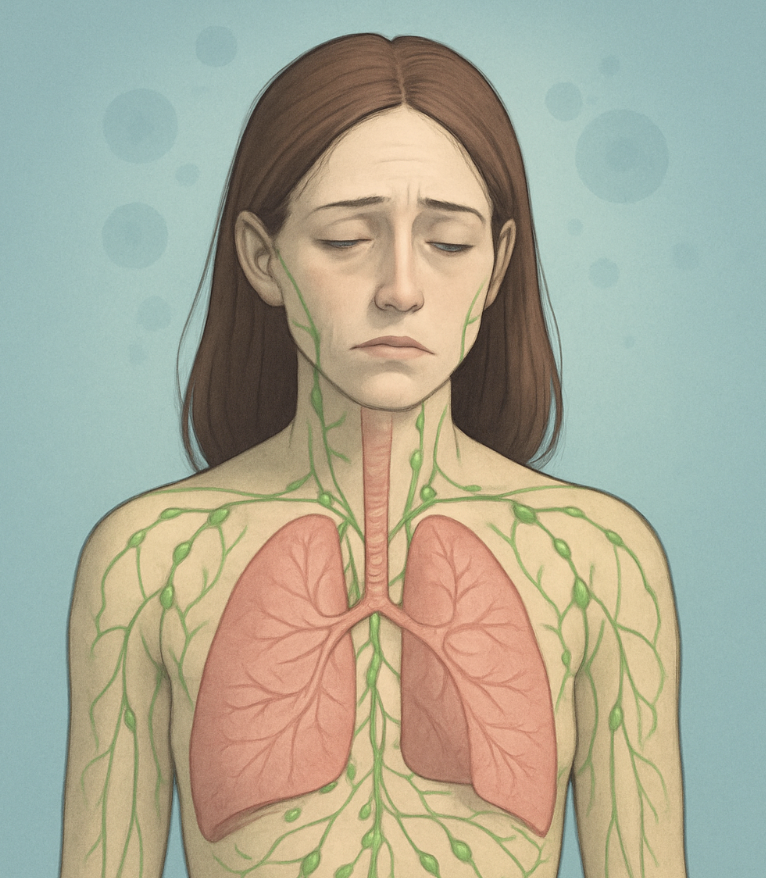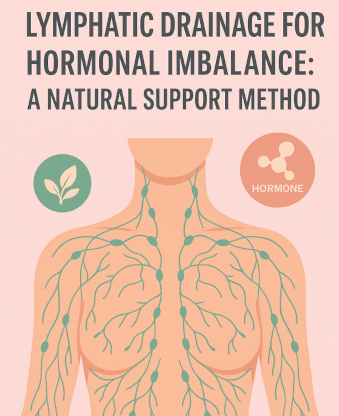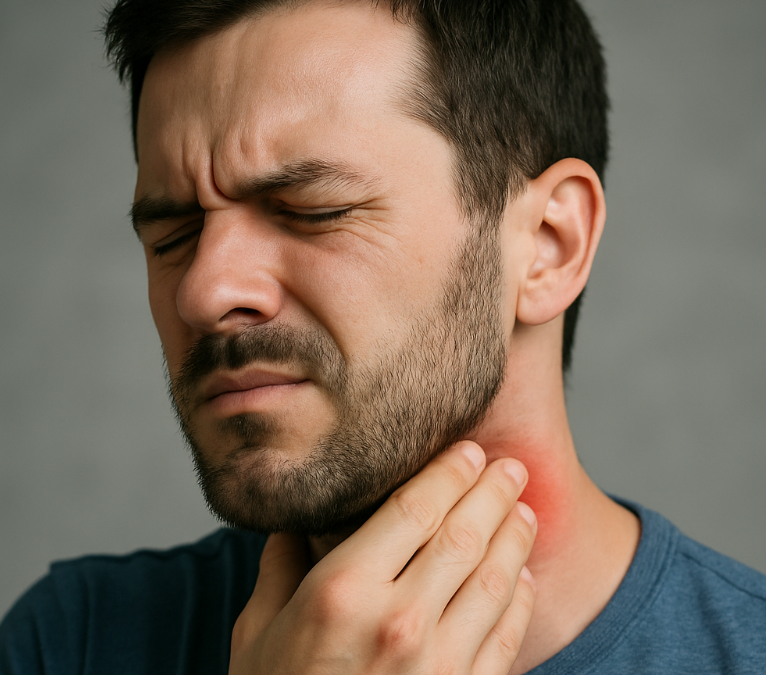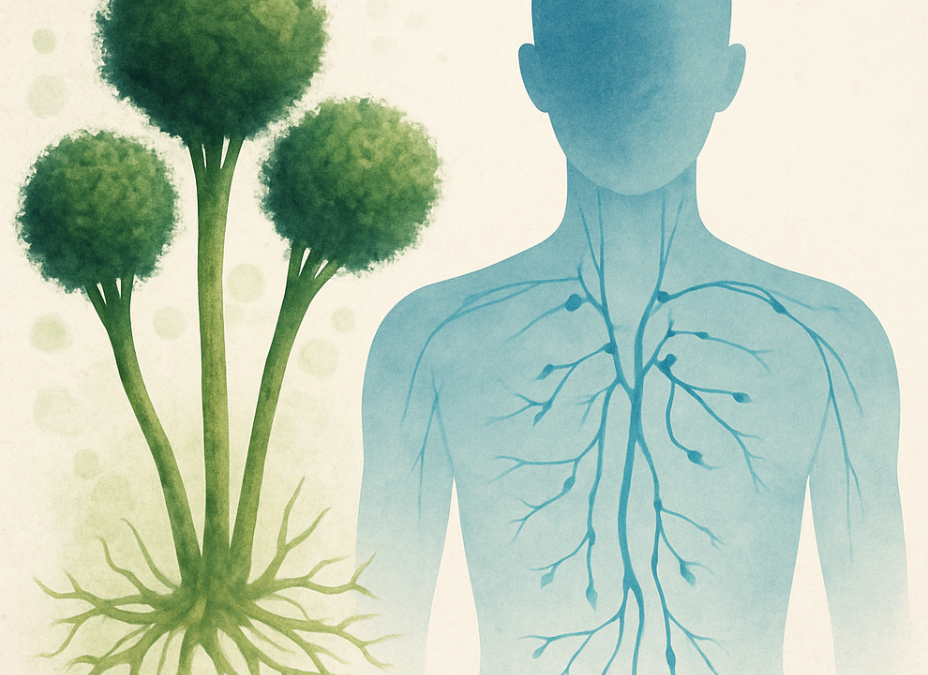As the COVID-19 pandemic has shifted into its long-term phase, millions of individuals continue to experience symptoms months after their initial infection. This condition, widely known as Long-COVID or post-acute sequelae of SARS-CoV-2 infection (PASC), affects nearly 10–20% of people who contract the virus. Common lingering issues include fatigue, shortness of breath, brain fog, and inflammation that resist conventional treatments.
Emerging evidence suggests that the lymphatic system plays a critical role in this prolonged illness. When overwhelmed by viral debris and inflammation, the lymphatic system struggles to drain toxins and regulate immune activity, leading to ongoing symptoms. Manual therapies such as Manual Lymphatic Drainage (MLD) are now being explored as supportive strategies to help patients regain health and function.
Understanding Long-COVID and the Lymphatic Burden
The hallmark symptoms of Long-COVID—chronic fatigue, breathlessness, and cognitive dysfunction—share striking similarities with conditions involving lymphatic stagnation and immune dysregulation. A 2024 narrative review from Vilnius University emphasized that post-COVID patients often experience persistent dyspnea (difficulty breathing), fatigue, and muscle pain due to lingering inflammation and impaired waste clearance in the body (Schütze, 2024).
The lymphatic system, responsible for carrying away excess fluid, waste, and inflammatory molecules, may become congested during and after infection. Without proper drainage, the body remains in a state of “toxic overload,” prolonging recovery and exacerbating symptoms.
Manual Lymphatic Drainage as a Recovery Tool
Manual Lymphatic Drainage (MLD) is a gentle, rhythmic massage technique designed to stimulate the flow of lymphatic fluid. Traditionally used to treat lymphedema and post-surgical swelling, MLD is increasingly recognized for its role in immune support, detoxification, and recovery from systemic illness.
In the context of Long-COVID, MLD may help by:
- Reducing inflammation: By mobilizing stagnant lymph, MLD helps clear inflammatory molecules that contribute to ongoing symptoms.
- Improving breathing function: Stimulating drainage around the thoracic region may relieve chest congestion and ease pressure on the lungs.
- Enhancing fatigue recovery: Clearing metabolic waste products and improving circulation can restore energy and reduce post-exertional malaise.
- Supporting nervous system balance: Many patients report that MLD sessions promote relaxation, better sleep, and reduced stress—all crucial for recovery.
Case reports in Healthcare (Overall et al., 2023) described two Long-COVID patients who experienced improvements in cough, fatigue, and breathlessness after incorporating MLD into their recovery regimen. These early findings suggest that targeted lymphatic therapy could be a valuable adjunct to traditional rehabilitation approaches.
The Breath-Lymph Connection in Long-COVID
Breathlessness is one of the most common and debilitating symptoms of Long-COVID. What many patients don’t realize is that the diaphragm is a central pump for the lymphatic system. Every deep breath creates pressure shifts that move lymph fluid through the thoracic duct—the body’s largest lymphatic vessel.
When breathing becomes shallow due to lung inflammation or fatigue, lymphatic circulation slows. Guided diaphragmatic breathing exercises, combined with MLD, can restore this natural pump mechanism. This dual approach not only relieves shortness of breath but also accelerates detoxification and immune recovery.
A Holistic Approach to Recovery
While no single therapy is a cure for Long-COVID, integrative strategies that support the lymphatic and immune systems can make a significant difference. Alongside MLD and breathwork, recovery programs often include:
- Hydration and nutrition to support detox pathways
- Gentle movement or stretching to encourage circulation
- Sleep hygiene to maximize immune and lymphatic repair during rest
- Stress management techniques to reduce nervous system overload
These combined strategies give the body the tools it needs to repair itself more effectively.
What We Offer at Carolina Pintos Therapy
At Carolina Pintos Therapy, we provide personalized lymphatic drainage sessions designed to support individuals navigating the challenges of Long-COVID. Our approach combines evidence-based MLD with guided breathwork and restorative movement techniques, all tailored to reduce inflammation, improve circulation, and restore energy.
Our clients frequently report improvements in fatigue, clarity, and breathing capacity after a series of sessions. While Long-COVID remains complex, targeted lymphatic care can be an important step toward reclaiming health and vitality.
Conclusion
Long-COVID continues to impact millions, leaving many searching for safe and effective recovery tools. By addressing the often-overlooked lymphatic system, therapies like Manual Lymphatic Drainage and breathwork provide a natural way to reduce inflammation, improve detoxification, and restore balance.
At Carolina Pintos Therapy, we remain committed to offering advanced lymphatic care backed by science and tailored to the needs of each individual. If you or someone you love is experiencing lingering post-COVID symptoms, lymphatic drainage may be an essential part of your healing journey.
References
- Schütze, A. F. (2024). Fatigue and cognitive dysfunction in COVID-19 patients: A narrative review. Vilnius University ePublications.
- Overall, B., Langley, K., & Douglass, J. (2023). Manual lymph drainage for post-COVID-19 related cough, breathlessness, and fatigue; two case reports. Healthcare, 11(23), 3085. https://www.mdpi.com/2227-9032/11/23/3085
- Clark, O. (2025). Lymphatic System. New Earth Press.
This writing is the original and exclusive property of Carolina Pintos and is protected under copyright law. Unauthorized use of the same without the express consent of Carolina Pintos will be subject to prosecution under applicable laws.






